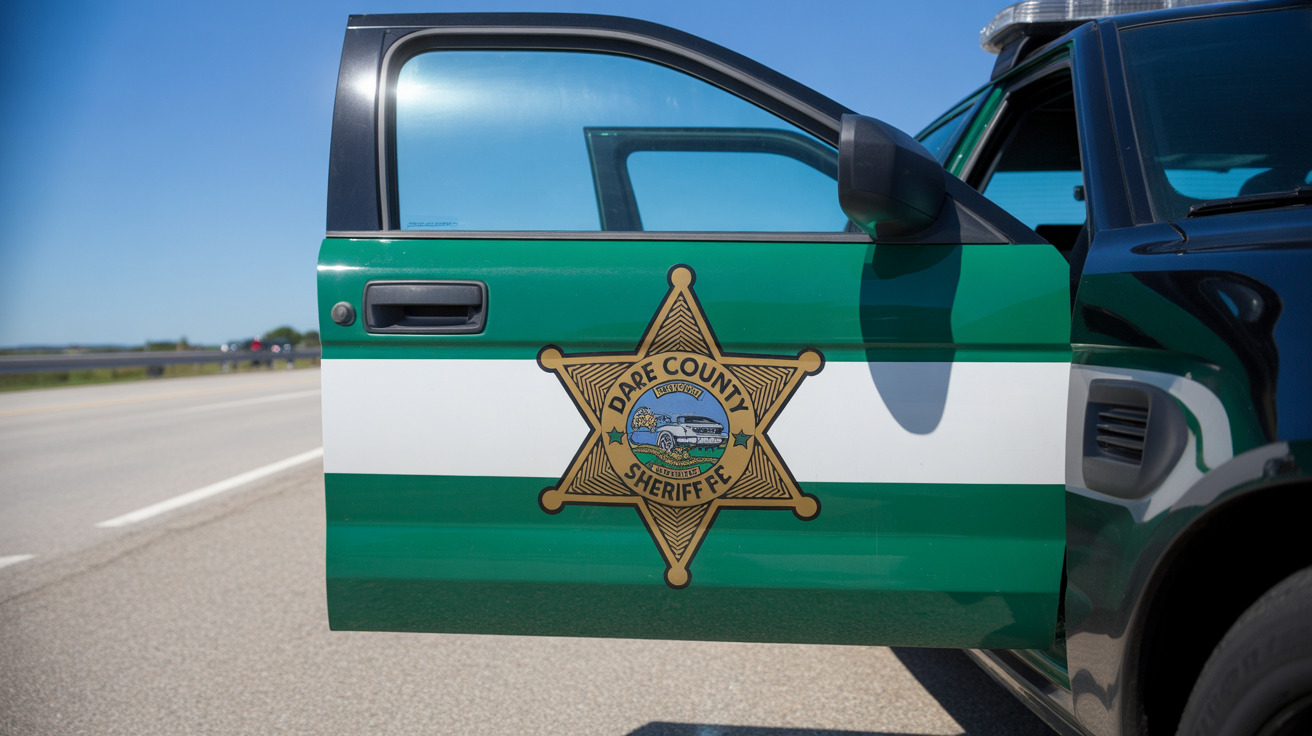A troubling case of animal cruelty laws North Carolina has emerged from Dare County, where local authorities have arrested a man following a shooting incident that resulted in an animal's death. The Dare County Sheriff's Office announced the arrest, highlighting the serious legal consequences that pet owners and community members face when animals are harmed through deliberate actions.
This case serves as a stark reminder to pet parents and community members about the importance of understanding animal protection laws and the severe penalties associated with animal abuse. North Carolina takes animal welfare seriously, with comprehensive legislation designed to protect both domestic pets and wildlife from harm.
Understanding Animal Cruelty Felony and Misdemeanor Charges in North Carolina
North Carolina's animal protection laws NC classify animal cruelty offenses into different categories based on the severity and circumstances of the incident. The Dare County animal abuse charges in this case demonstrate how quickly a situation involving harm to an animal can escalate to serious criminal charges.
A Class H felony animal cruelty charge represents one of the more serious classifications under state law. This level of charge typically applies when an animal suffers severe injury or death through intentional acts of cruelty. The legal system recognizes that animals deserve protection from malicious harm, and the penalties reflect this commitment to animal welfare.
Animal Abuse Penalties North Carolina Pet Owners Should Know
Pet owners and community members should understand that animal cruelty sentencing guidelines in North Carolina are designed to both punish offenders and deter future incidents. Penalties can include substantial fines, imprisonment, and restrictions on future animal ownership. The severity of punishment often correlates with factors such as the animal's suffering, the defendant's intent, and any prior history of animal-related offenses.
Beyond criminal penalties, individuals convicted of animal cruelty may face civil consequences, including restitution for veterinary care, property damage, or other related costs. These financial obligations can extend well beyond the immediate criminal case.
How to Report Animal Cruelty and Protect Community Animals
This Dare County incident underscores the importance of community vigilance in protecting animals. Pet parents and neighbors play crucial roles in identifying and reporting suspected animal abuse. Knowing how to report animal cruelty can make the difference between life and death for vulnerable animals.
Local animal control Dare County and statewide authorities maintain systems for receiving and investigating animal welfare complaints. Reports can typically be made through dedicated hotlines, online portals, or direct contact with local law enforcement agencies.
Animal Cruelty Investigation Process and Community Role
When authorities receive reports of potential animal abuse, they initiate an animal cruelty investigation process that may involve multiple agencies. Law enforcement officers, animal control personnel, and sometimes veterinary professionals work together to assess the situation, gather evidence, and determine appropriate charges.
Community members can support these efforts by providing detailed, factual information when making reports. Specific observations about animal condition, behavior changes, or concerning incidents help investigators build stronger cases and respond more effectively.
Pet Owner Legal Responsibility and Prevention
This case highlights the broader concept of pet owner legal responsibility that extends beyond basic care requirements. While most pet parents provide loving homes for their animals, understanding the legal framework helps ensure compliance with all applicable laws and regulations.
Responsible pet ownership includes providing adequate food, water, shelter, and veterinary care while protecting animals from harm. Pet parents should also be aware that they can be held liable for their pets' actions and must take reasonable steps to prevent their animals from causing harm to others.
Prevention strategies include proper training, socialization, secure containment, and prompt attention to behavioral issues that might pose risks to other animals or people.
Frequently Asked Questions
What constitutes a Class H felony for animal cruelty in North Carolina?
A Class H felony animal cruelty charge typically involves intentional acts that cause severe injury or death to an animal. This serious classification reflects the state's commitment to protecting animals from malicious harm and carries significant penalties including potential imprisonment and substantial fines.
How can I report suspected animal cruelty in my community?
You can report suspected animal cruelty through your local animal control office, sheriff's department, or dedicated animal welfare hotlines. Provide specific details about what you observed, including dates, times, and descriptions of the animals' conditions or treatment.
What are the long-term consequences of animal cruelty convictions?
Beyond criminal penalties like fines and imprisonment, animal cruelty convictions can result in restrictions on future pet ownership, civil liability for damages, and lasting impacts on employment and housing opportunities. These consequences reflect the serious nature of animal abuse offenses.
Protecting Our Community's Animals
The Dare County case serves as a sobering reminder that animal rights enforcement North Carolina depends on both strong legal frameworks and community engagement. Pet parents and community members must remain vigilant in protecting vulnerable animals and supporting the enforcement of animal protection laws.
By understanding our legal responsibilities and reporting concerning situations, we can work together to ensure that all animals in our communities receive the protection and care they deserve under North Carolina law.






